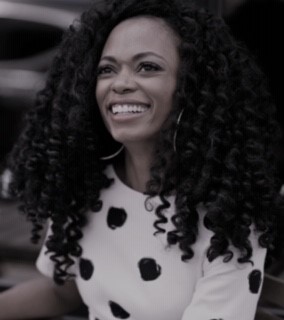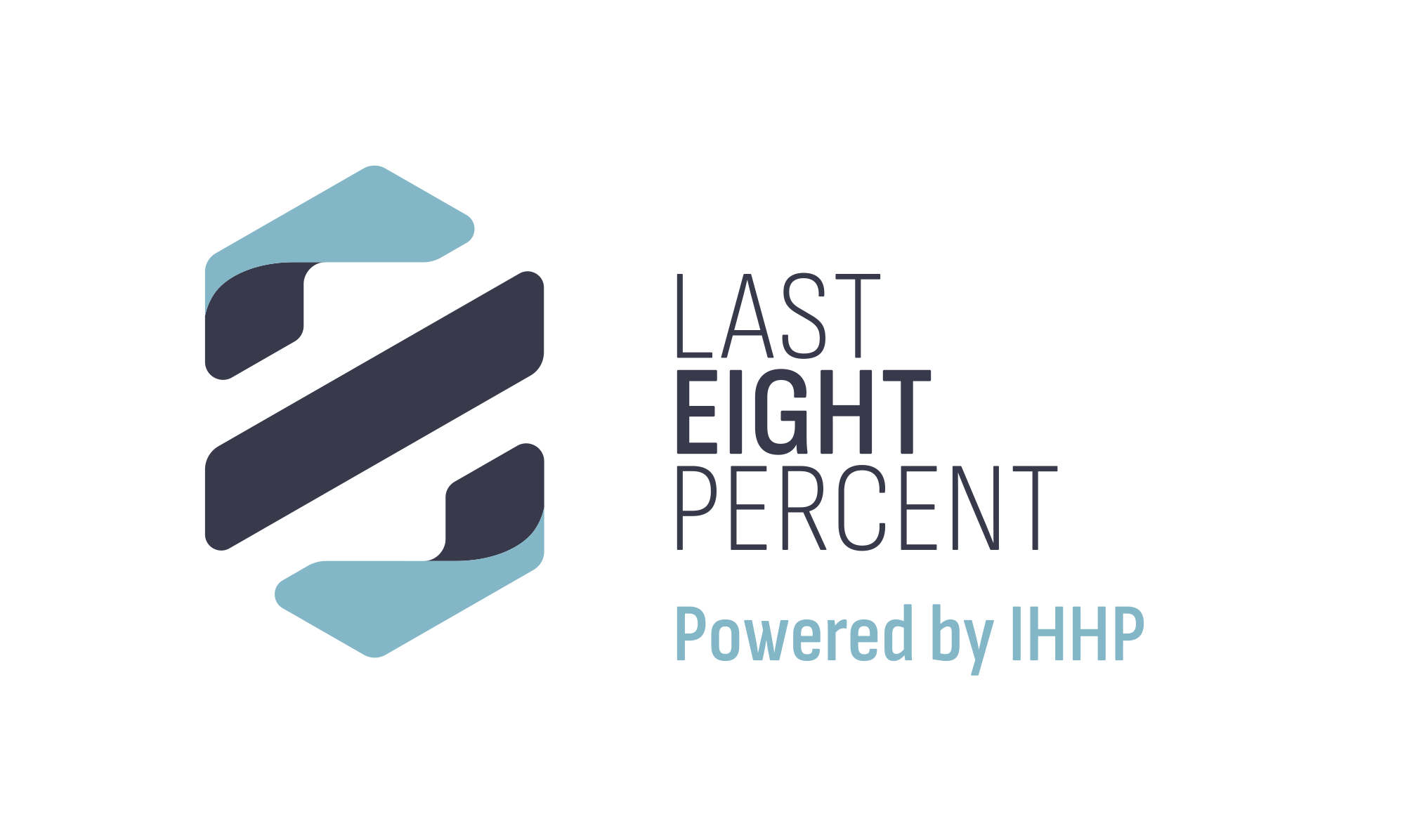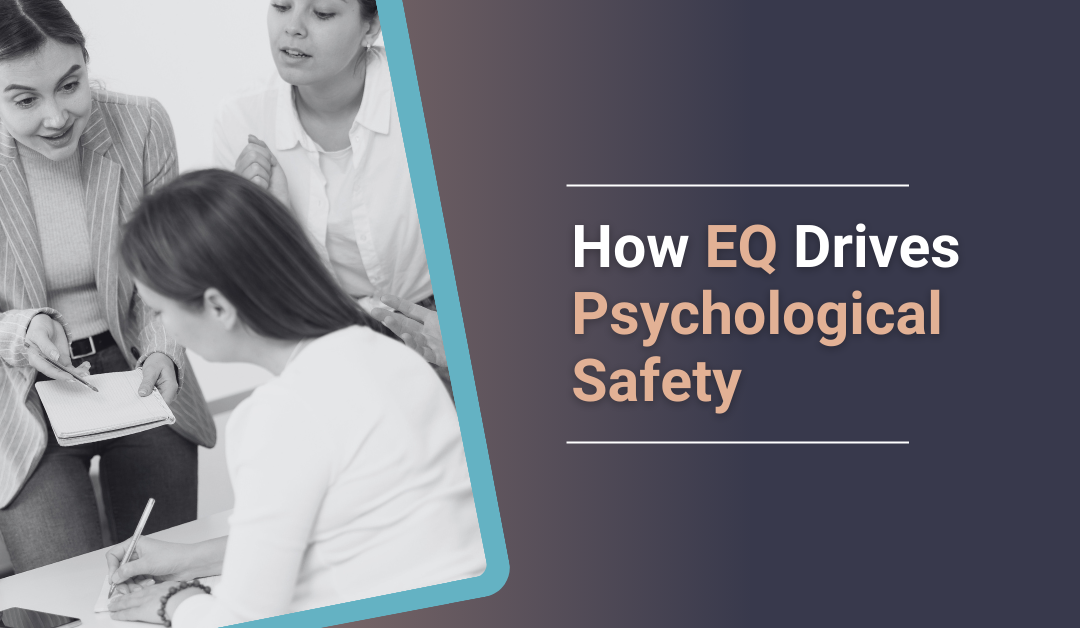Cranla Warren, IHHP’s organizational psychologist and expert in Emotional Intelligence, recently had the opportunity to sit down with Diversity Equity & Inclusion Specialist Khalilah Lyons for an open and authentic conversation around psychological safety, unconscious bias and how EI plays an important role in supporting organizational DEI strategies.
Cranla: While I’m not a DEI expert myself, I know from my expertise that Emotional Intelligence is a requirement for building an organizational culture that breeds Diversity, Equity and Inclusion. EI for us is built on the pillars of self-awareness, emotional management, empathy and connection. In your opinion, how do these emotions and Emotional Intelligence come into play when it comes to building a holistic DEI approach and mindset?
Khalilah: It is something I have said before and that I emphasize on all the time: DEI is not just a strategy but how we show up in the strategy, which is greatly driven by our emotions. Whether we are aware of them or not, we are not checking them at the door, they are part of the journey and need to be considered in change management strategies.
When people move from resistance to acceptance, they experience emotions along with this process. One of the challenges with DEI is that people can sometimes feel like they are losing, which can bring up strong emotions.
Our relationships are based on emotions, and we require strong relationships to bring this work to life – these are just the basic elements of our team dynamics, they allow us to be engaged and to perform. So [our emotions] are really at the core of how successful diversity, equity and inclusion strategies are and getting to a level of excellence.
Our emotions lead us to the mindfulness that we need for this work to come to life, for us to have empathy and to proactively manage our unconscious biases. To be okay with feelings of discomfort, you have to have a strong sense of emotional intelligence.
Saying you are a person who wants to hire and have a diverse workforce, but then be uncomfortable talking about race, simply doesn’t work. This is a huge part of what we do, it’s a huge part of driving the right conversations to get to the right initiatives. And so many times we focus on IQ instead of EQ – we apply logic to solve problems, establish and implement strategies. In the process, we forget about the “squishiness” of how we are working together daily, how our experiences or even any exposures we had that particular morning affect this work. We need to make sure we are having conversations around Emotional Intelligence as well as providing education that allows people to be more self-aware and develop the ability to self-regulate when we bring this very complex and dynamic work to life.
Cranla: I believe, connected to this is the matter of psychological safety. What is the role of psychological safety in successfully building DEI in an organization?
Khalilah: If emotions are the foundation, psychological safety sits on top of it as the next layer of importance. Having a beautiful strategy is critical, but as much as you can google a strategy, you can’t google people’s emotions that drive that strategy – and their psychological safety is imperative. This is where code-switching comes into play: people may be one way outside of work but feel they have to be a certain way within the workspace, covering up key parts of who they are, the stereotype threat of an imposter syndrome. All this stems from a lack of psychological safety – down to simply asking questions in a meeting they feel need to be asked right in order to be included, calling out issues that need to be called out to prevent failure or having healthy conflict. All this is tied to psychological safety.
It’s really about making everyone feel psychologically safe and enabling the candor that’s required to get the necessary work done. The brilliant DEI thought leader and Justice Informed founder & CEO, Xavier Ramey, always asks this question, without quoting him exactly: “But does everyone in your organization feel safe?”– Because a lot of times when we think about psychological safety, we go ahead and establish goals but we’re still not thinking about everyone involved.
A perfect example is when we think about goals and initiatives for women. Are we really thinking about what that may mean for Black women or for Asian women in the organization? Are we considering what the safety needs of Native American women in the organization may be? If psychological safety isn’t established, even some of your leaders won’t be progressing on their goals, simply because they’re uncomfortable having a conversation, worried they are going to say the wrong thing or make a mistake. So again, psychological safety is extremely critical.
One of the definitions of psychological safety is being able to show and employ oneself without fear of negative consequences on self-image status or career development. Psychological safety asks us: will others give us the benefit of the doubt, can we take risks and still be accepted and appreciated? So much focus of DEI work is on being able to feel safe and take risks, especially because it is a new territory.
Key takeaways:
- Emotional Intelligence plays an integral role in building a successful DEI approach because of the many emotions involved with processes of ‘unlearning’ and being uncomfortable.
- People may be uncomfortable in difficult conversations about changing what was considered the ‘norm’.
- These changes can feel like too big of a compromise and may be perceived as ‘losing’ by some people — unpacking the emotions involved requires emotional intelligence and building the skills to become more self-aware.
- Empathy is a fundamental component and key aspect of driving DEI within an organization. Developing a DEI mindset requires being able to understand others’ experiences, especially if their experiences are different from yours.
- It is important to consider psychological safety when establishing DEI initiatives and strategies.
- It is imperative to ask questions such as: are my coworkers feeling safe? Comfortable? Or are the environment we are in and the questions they are being asked making them feel unsafe? Are they being tokenized?
- Empathy plays a crucial role in being able to ask those questions – it allows you to consider that just because something feels safe for you, it may not feel safe for everyone.

About the Host
As a lifelong student of human behavior, a psychotherapist / family therapist turned organizational psychologist, Dr. Cranla Warren believes that a strong foundation of Emotional Intelligence (EI) builds great leaders, fosters employee engagement and creates great places to work. She has a wealth of knowledge and professional experience in the areas of collaboration, values-based leadership, coaching, and strategic business execution. Dr. Warren holds a Ph.D. in Organizational Psychology and a Professional Post-Graduate Certificate in Leadership. She currently holds the position of Vice President of Leadership Development at the Institute for Health and Human Potential. Connect with Cranla on LinkedIn!

About the Speaker
Khalilah Lyons is a Diversity and Inclusion Leader and talent strategist devoted to advocating for underrepresented and untapped talent. Her HR experience ranges from Fortune 500 corporations to digital start-ups. Khalilah aligns her passion to disrupt exclusive narratives and create opportunities for various groups across Chicagoland. She serves as a D&I expert for nonprofits, inspirational keynote speaker, advisory council member, and thought leader.

